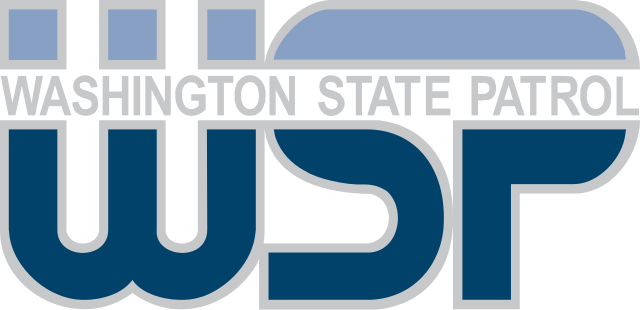A judge has fined the Washington State Patrol (WSP) $150,000 for failing to disclose essential public records in a case involving a fatal car crash. The penalty reflects increasing demands for government transparency and accountability.
The ruling comes after WSP withheld records related to a 2021 collision on Interstate 5 that killed two passengers. Families of the victims had filed multiple requests for investigative documents, which WSP either ignored or delayed without providing valid explanations.
“Public agencies have a duty to be transparent,” said King County Superior Court Judge Emily Richards during the hearing. “The failure to release these records not only violates state law but also erodes public trust.”
The crash, which involved a semi-truck, sparked controversy when initial reports from WSP omitted key details about road conditions and driver conduct. Families of the victims filed Public Records Act (PRA) requests to access investigative files, suspecting negligence in both the crash and its handling.
Despite repeated follow-ups, WSP delayed providing the requested information for over 18 months. It was only after a lawsuit was filed that some documents were released, revealing incomplete and heavily redacted records.
Attorney Rachel Price, representing the families, criticized WSP’s conduct, stating:
“This isn’t just about records. It’s about accountability. Families deserve the truth about what happened to their loved ones.”
Judge Richards found WSP in violation of Washington’s PRA, which mandates that government agencies promptly respond to public records requests. In her ruling, she stated that the delays appeared intentional, aimed at avoiding scrutiny over potential mishandling of the crash investigation.
The court ordered WSP to pay $150,000 in fines, in addition to legal fees incurred by the plaintiffs.
“This ruling sends a clear message: no agency is above the law,” said Price.
WSP officials expressed regret over the situation but denied acting in bad faith.
In a statement, a spokesperson for the agency said:
“We take our responsibility under the PRA seriously. While we acknowledge delays in this case, they were not intentional. We are reviewing our processes to ensure this does not happen again.”
Critics, however, remain skeptical, pointing out that WSP has faced similar allegations of non-compliance with transparency laws in the past.
Legal experts view the fine as a significant step toward enforcing government accountability in Washington State.
“The PRA is one of the strongest transparency laws in the country,” said Professor Linda Avery, a public policy scholar at the University of Washington. “This case underscores the importance of holding agencies accountable when they fail to comply.”
Families of the victims say the ruling offers some closure but insist that the fight isn’t over.
“This isn’t just about the money,” said one family member, speaking anonymously. “It’s about making sure no other family has to endure this kind of frustration and pain.”
The case has reignited calls for better oversight of public agencies. Advocacy groups are urging lawmakers to strengthen penalties for PRA violations and establish independent monitoring systems.
“Transparency isn’t optional—it’s fundamental to democracy,” said Price. “We hope this case serves as a wake-up call for all public agencies.”


